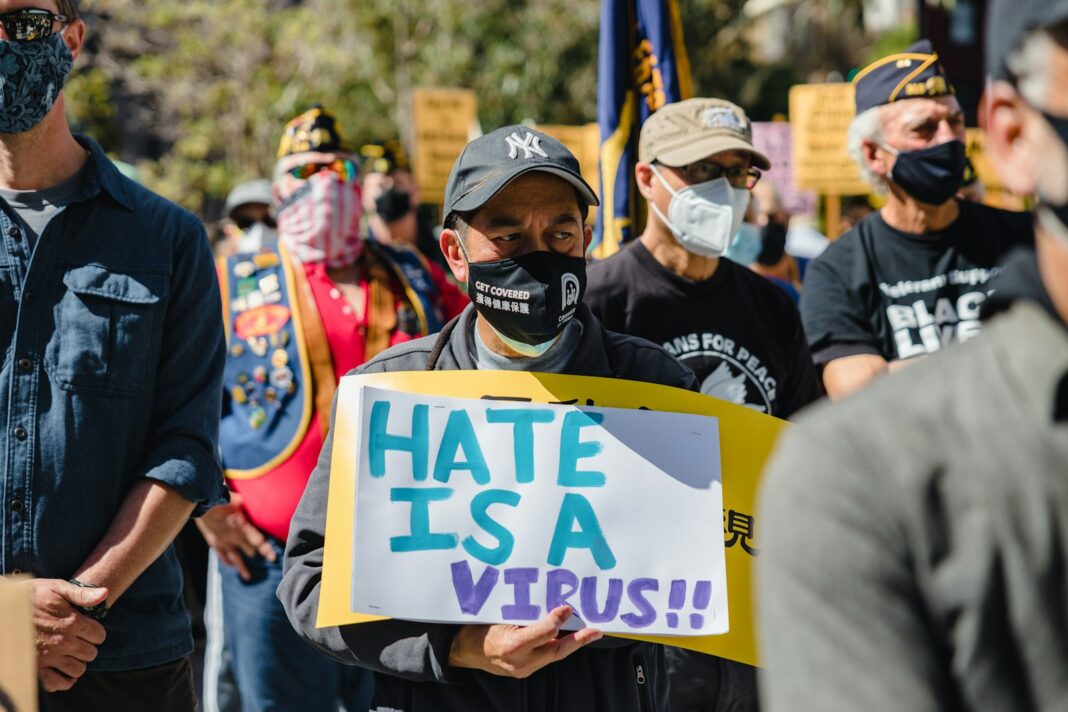The Council should adopt a decision to include hate speech and hate crime among criminal offences within the meaning of Article 83(1) TFEU (so-called “EU crimes”) by the end of the current legislative term, Parliament says in the report adopted on Thursday with 397 votes in favour, 121 against, and 26 abstentions. These are crimes of a particularly serious nature with a cross-border dimension, for which Parliament and Council can establish minimum rules to define criminal offences and sanctions.
Need for a uniform approach to tackle hate
MEPs seek to ensure universal protection for all, with a special focus on targeted persons and vulnerable groups and communities. Currently, member states’ criminal laws deal with hate speech and hate crime in different ways, while EU-wide rules apply only when such crimes are committed based on race, skin colour, religion, descent or national or ethnic origin.
With hate on the rise in Europe, two years have passed since the relevant Commission proposal was tabled and the Council has made no progress on it. MEPs call for the “passerelle clauses” to be used to overcome obstacles posed by the need for unanimity.
Taking the circumstances that victims face into account
Parliament calls on the Commission to consider an “open-ended” approach, whereby the grounds for discrimination will not be limited to a closed list, to make sure the rules cover incidents motivated by new and changing social dynamics. It underlines that freedom of expression, as critical as it is, must not be exploited as a shield for hate and stresses that misusing the internet and the business model of social media platforms contributes to spreading and amplifying hate speech.
MEPs also ask for particular consideration to be given to minors, including in bullying in schools and cyberbullying, and call for a robust framework for victims, with an intersectional approach, training for relevant professionals, and measures to ensure safe access to justice, specialised support and reparations, as well as a safe environment to increase reporting of incidents.
Quote
Rapporteur Maite PAGAZAURTUNDÚA (Renew, Spain) commented: “In addition to lacking a comprehensive European legal framework to tackle hate speech and hate crime, we are facing new social dynamics, through which the normalisation of hate evolves very quickly. We must protect ourselves as a society and the people who are attacked, persecuted and harassed, while responding to the radical networks and extreme polarisation that provide fertile ground for behaviours that violate fundamental rights. We ask the Council to finally give the green light to the legislation against hate crime and hate speech at EU level, always in accordance with the principle of proportionality and guaranteeing citizens’ freedom of expression.”









